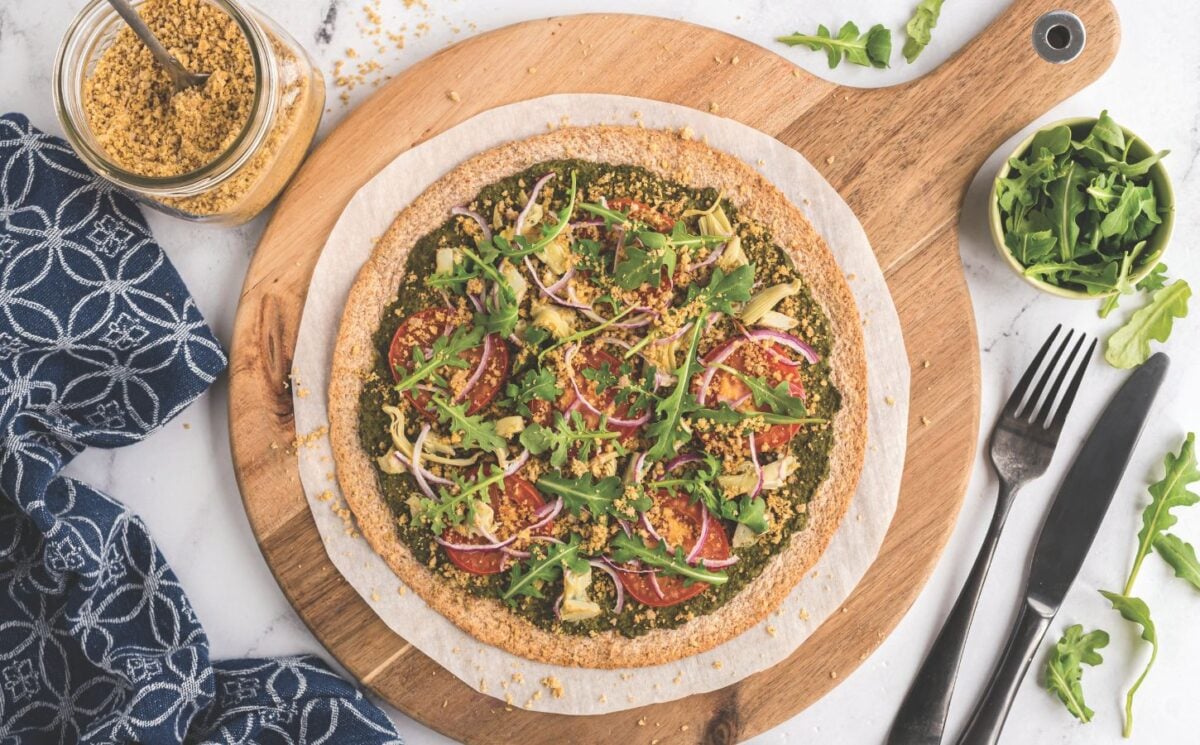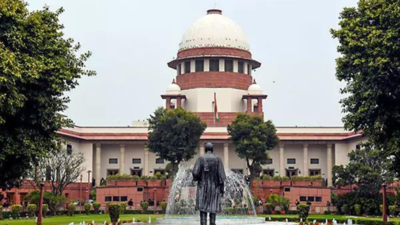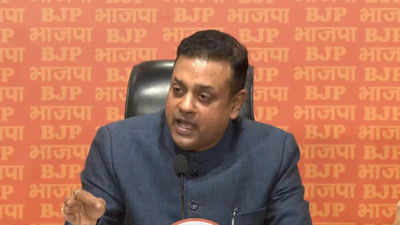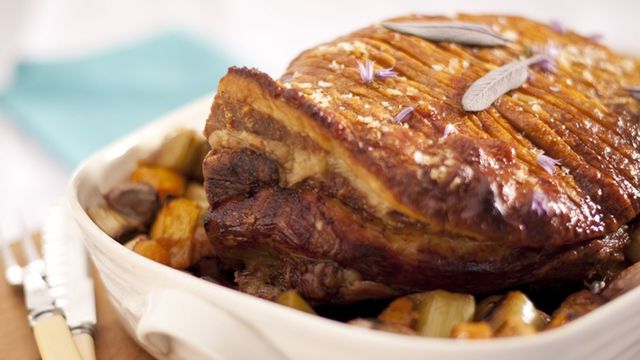
Many people frequently pop painkillers or over-the-counter medicines when having a headache or any kind of body ache. In some cases, you might be sick and would need to consume a dose of doctor-prescribed painkillers. In any case, it is important to note that consuming painkillers may come with certain side effects, which may negatively impact your kidneys.
In a recent Instagram video, integrative lifestyle expert Luke Coutinho explains that chronic overuse of painkillers can lead to kidney failure or chronic kidney disease. "The kidney produces a chemical called prostaglandins which is used to protect the kidney. It is also a hormone that helps you with blood clotting and several other functions.
As you use more and more painkillers, these prostaglandins start to reduce and that reduces the protective mechanism of your kidneys, leading to kidney disease," he explains in the video. Also Read: Why Is Chewing Food Thoroughly So Important For Digestion? var taboola_mid_article_type = '1'; If you need to be on a painkiller because of any pain or treatment you are going through, there are certain things you can do to manage the side effects, as shared by Luke Coutinho. Here Are 7 Diet And Lifestyle Changes To Follow While Taking Painkillers: 1.
Increase Your Water Intake When you are on painkillers, increasing your water intake can help protect your kidneys. Drink plenty of water throughout the day, unless you have been put on a water restriction by a doctor. 2.
Increase Calcium And Vitamins Intake Most painkillers will deplete calcium, magnesium and vitamin D from your body, shares the expert. It is important to get those essential nutrients back into your diet through supplements or food, based on your doctor's advice. 3.
No Smoking Or Drinking Alcohol It is important to stop smoking and drinking alcohol, especially when you are on painkillers, as this can worsen the side effects. Also Read: Say Goodbye To Period Bloating! 4 Everyday Foods To Ease Discomfort 4. Eat Nuts And Veggies Consume a diet rich in vegetables, especially green leafy veggies.
Eat lots of nuts because the healthy fats will also help protect your kidneys when you are on painkillers. 5. Moderate Protein Intake Make sure you are eating protein-rich foods.
However, it is best to consume a moderate amount of protein and not too much, explains Coutinho. Too much protein may put a load on the kidneys. Continue with moderate protein intake when you are continuously on painkillers.
6. Get Adequate Sleep Sleep is essential for recovery from your illness as well as kidney protection. Make sure you are sleeping deeply because it is when we sleep that the body goes through its natural repair and detoxification protocols.
7. Manage Stress Avoid taking stress and try to calm down. If you are feeling stressed, try to relax your mind and body.
Your overall relaxation takes the burden off all of your vital organs. If you need to be on painkillers , make sure you are eating the right foods and making the right lifestyle changes. Do not misuse painkillers and always take these as per your doctor's prescription and direction.
Disclaimer: This content including advice provides generic information only. It is in no way a substitute for qualified medical opinion. Always consult a specialist or your doctor for more information.
NDTV does not claim responsibility for this information..














